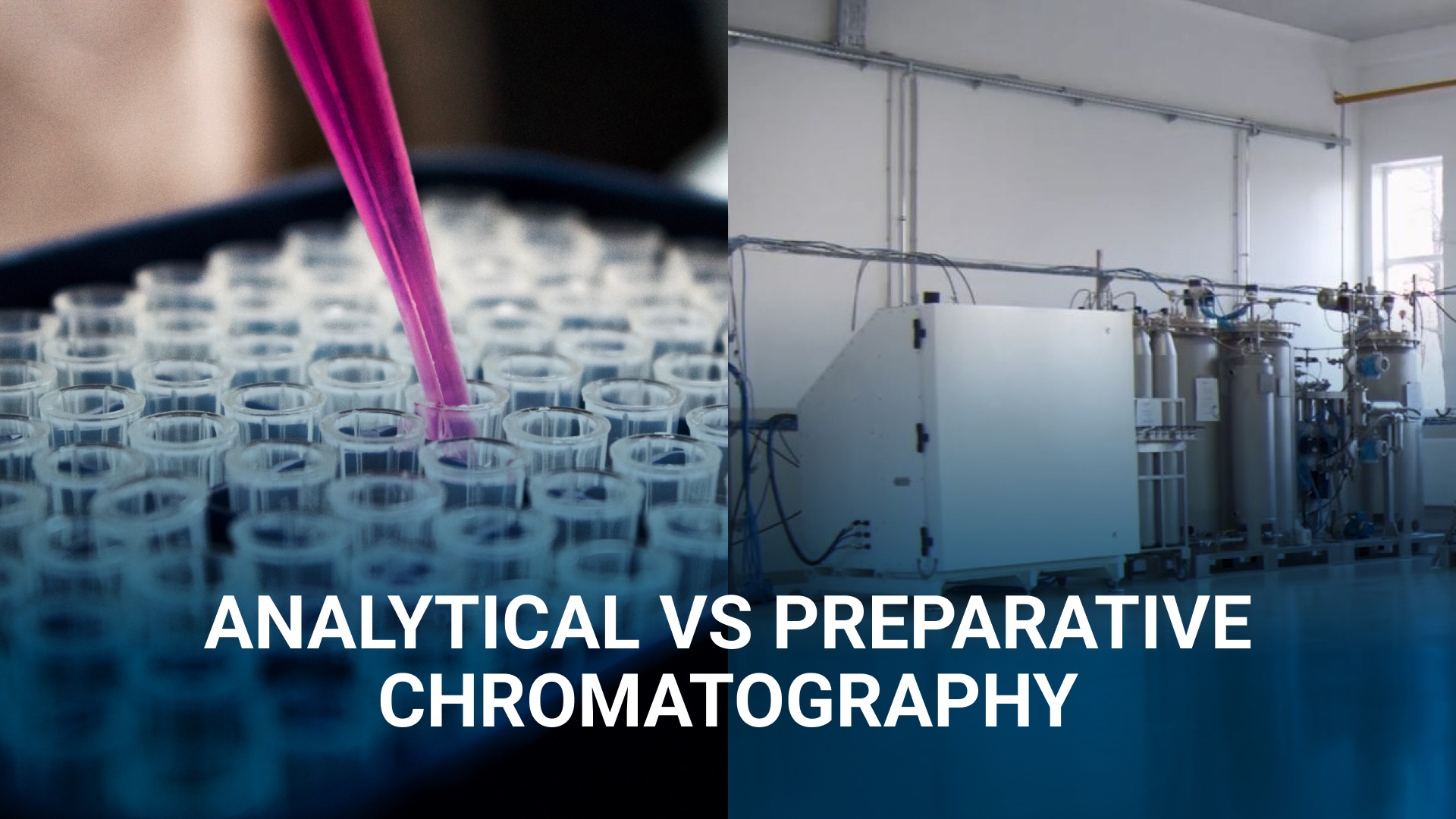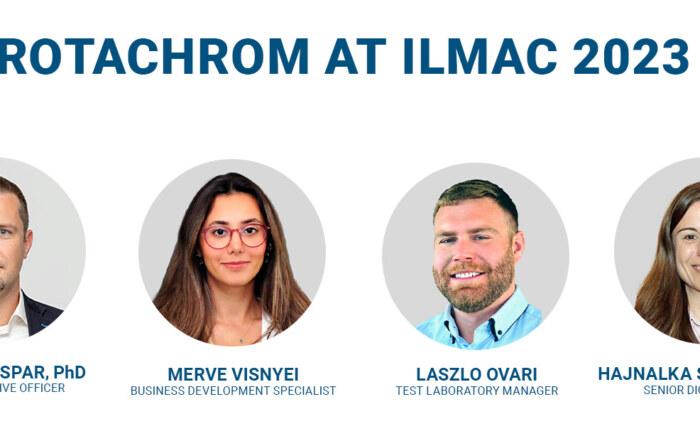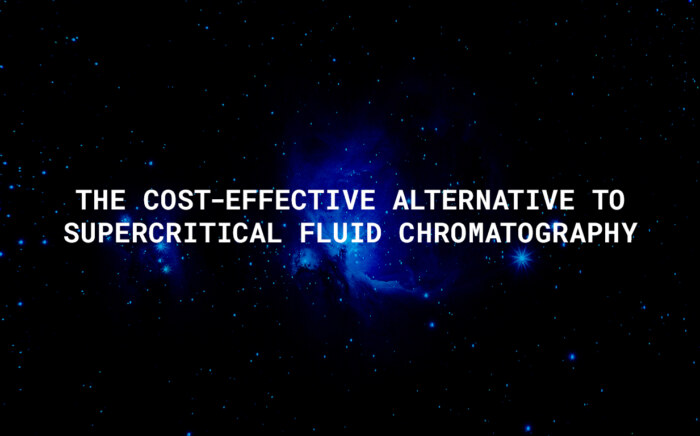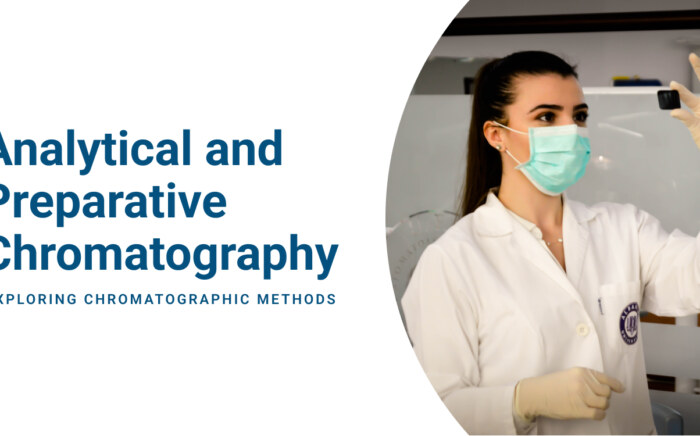Advancing Separation Science: CPC Device Installation and Its Impact
NewsChromatography, a fundamental technique in chemical analysis, is broadly categorized into two types: analytical and preparative. Each serves distinct purposes based on scale and separation objectives. In this article, we explore the characteristics and applications of both analytical and preparative chromatography.
Analytical Chromatography
Analytical chromatography methods are designed to gather qualitative and quantitative data about the sample under investigation. Here are the key points:
Objective:
The primary goal of analytical chromatography is to obtain detailed information about the composition of the sample. This includes identifying the components present and quantifying their concentrations.
Scale:
Analytical chromatography operates on a smaller scale, making it ideal for research and informational purposes. It is commonly used in laboratories to analyze small amounts of samples, providing high precision and accuracy.
Applications:
- Pharmaceutical Analysis: Ensuring the purity of drugs and identifying impurities.
- Environmental Testing: Detecting pollutants in air, water, and soil samples.
- Food and Beverage Industry: Analyzing additives, contaminants, and nutrient content.
- Biochemical Research: Studying metabolites, proteins, and nucleic acids.
Preparative Chromatography
Preparative separations focus on isolating specific components from a mixture, such as the compound of interest (CoI), or remediating impurities. Here are the key points:
Objective:
The primary aim of preparative chromatography is to isolate a particular compound (CoI) or remove impurities from the mixture. It focuses on collecting large amounts of purified substances for further use.
Scale:
Preparative chromatography operates on a larger scale, capable of processing substantial amounts ranging from hundreds to thousands of grams of input material. This scalability is essential for industrial applications where large quantities of purified compounds are required.
Applications:
- Pharmaceutical Manufacturing: Producing high-purity drugs and active pharmaceutical ingredients (APIs).
- Natural Product Extraction: Isolating bioactive compounds from plants or other natural sources.
- Chemical Synthesis: Purifying chemicals and intermediates in large-scale synthesis processes.
- Biotechnology: Purifying proteins, enzymes, and other biological molecules.
Analytical vs. Preparative Chromatography: A Summary
Analytical Chromatography:
- Focuses on qualitative and quantitative information.
- Operates on a smaller scale.
- Ideal for research and detailed analysis.
Preparative Chromatography:
- Targets isolation or remediation.
- Operates on a larger scale, processing significant amounts of input material.
- Essential for industrial-scale production and purification.
- Industrial-Scale Purification with RotaChrom’s iCPC
Taking preparative chromatography to an industrial scale, we spotlight RotaChrom Technology’s industrial-scale Centrifugal Partition Chromatography (iCPC) device. Similar to traditional liquid chromatography, iCPC separates the injected sample based on partition coefficients, influencing molecule travel rates. Here are the key features:
Automation:
The iCPC device is equipped with fraction collectors that retain selected fractions based on program settings, streamlining the purification process and reducing manual intervention.
Scale:
The iCPC is the largest commercially available Centrifugal Partition Chromatography instrument globally. It is purpose-built for industrial-scale purification projects, operating in continuous batch mode to handle large volumes efficiently.
Operation:
The device is designed for continuous batch operation, making it highly suitable for large-scale purification projects. This mode of operation ensures consistent processing of input material, leading to high throughput and productivity.
Cost-Effectiveness:
The iCPC device offers exceptional efficiency, capable of processing hundreds of kilograms of crude input material monthly. This efficiency translates to significant cost savings, particularly in industries that require large-scale purification of valuable compounds.
Conclusion
Understanding the differences between analytical and preparative chromatography is essential for selecting the appropriate technique based on the specific goals and scale of the separation process. Analytical chromatography provides detailed compositional analysis on a smaller scale, while preparative chromatography enables large-scale purification of valuable compounds. RotaChrom’s iCPC technology exemplifies the advancements in preparative chromatography, offering industrial-scale purification solutions with high efficiency and cost-effectiveness. By leveraging these techniques, researchers and industry professionals can achieve precise, efficient, and scalable separations, driving innovation and productivity across various fields.



